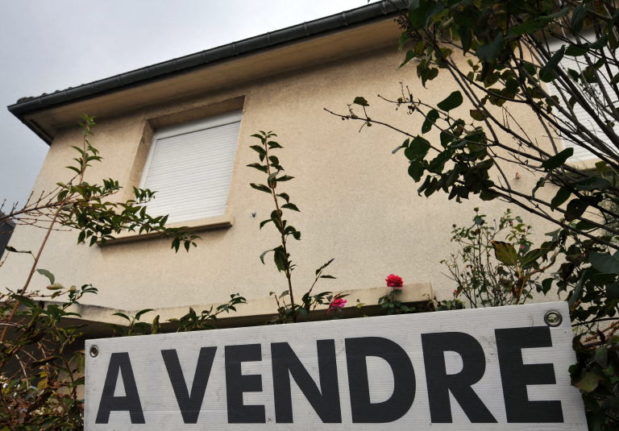France’s PM Manuel Valls chose a trip to London this week to stir up a hornet’s nest back in France.
Perhaps he was wise to wait until he was out of the country given that he broached the highly sensitive issue of France’s unemployment benefits, which are considered some of the most generous in Europe.
Valls told a group of British journalists that it was time France looked at the system of payments which can see jobseekers claim allowances (assurances chômage) of up to a €6, 624 a month – over a period of two years – ten times the maximum paid out in the UK, according to a study by the Nouvel Obs.
The reformist PM, who continues to be compared to Tony Blair for his pro-business rhetoric and willingness to take on the traditional left, wants to reduce the amount paid out as well as the length of time allowances are paid out for, with the aim of encouraging people back into work.
When news of his comments made it back across the Channel there was the expected uproar from unions and leftist politicians.
But cutting unemployment benefits wasn’t the only sensitive area of France’s welfare state that Valls suggested needed reforming this week.
He also ignited a debate over the "allocations familiales" (family allowances or child benefit) which are paid out to all families in France irrespective of their salaries.
The PM mooted that it was perhaps time to rethink the allowances and make them means tested. Cue more unrest among unions and various family organisations.
His two welfare reform proposals come on the back of the 2015 social security budget presented this week that will see the government make a series of cuts aimed at saving €700 million next year.
Parental leave will be reduced and allowances paid out for the birth of children and to help parents with child care costs will also be reduced and made means tested.
All in all, it looks like the Socialist government has realised that if it wants to reduce the country’s crippling debt then its famous “protection sociale” will have to pay the price.
Expert Didier Demaziere from France’s National Centre for Scientific Research (CNRS) told The Local it’s inevitable there will be reforms to unemployment benefits because the system is in debt, but it won’t be the government that decides exactly what they are.
“The system is managed by unions and employers through agreements so any reform will have to be negotiated by those two groups, which will no doubt be fraught,” he said.
“There will be some kind of reform, the question is what and how will it change,” he said.
Demaziere pointed out that stories of the outrageous generosity of France’s system jobless benefits system are often exaggerated.
“In reality only 0.7 percent of jobseekers pick up the maximum each month and the average amount paid out is €987 a month,” he said.
Demaziere says it’s more the time period allowances are paid out for, rather than the amount, that makes France’s “assurances chomage” system appear more generous than in other EU countries.
In Sweden unemployment benefit is paid out for 300 days, in Germany it’s a one year, Italy eight months and in the UK it’s six months, according to the Nouvel Obs study.
But despite predicting that reforms will have to be made, Demaziere says France is not about to dismantle its welfare state.
“Not even a right wing government would do that in France. The country’s social protection allows us to limit poverty. When you compare France to countries like the UK, that’s its advantage,” he said.
“It’s based on the principle of solidarity where everyone contributes for the good of everyone,” Demaziere said.
On the issue of family allowances Demaziere also believes that despite the expectant uproar, it’s inevitable that changes are made to make the payments based on salaries.
“There will be protests, but a reform will be passed,” he said.
The question is how willing are the French public to see their welfare state messed with?
An opinion poll this week revealed the French accept that changes need to be made.
In terms of family allowances, eight of ten said they were favourable to the amount paid to be placed on sliding scale dependent on salary and 65 percent approved unemployment allowances should decrease over time.
However the poll revealed the French would not accept seeing cuts made to their health or pensions system.
The question now is, will any reform actually take place or as BFM TV pointed out is this just “a lot of noise for nothing” from Manuel Valls.



 Please whitelist us to continue reading.
Please whitelist us to continue reading.
Member comments